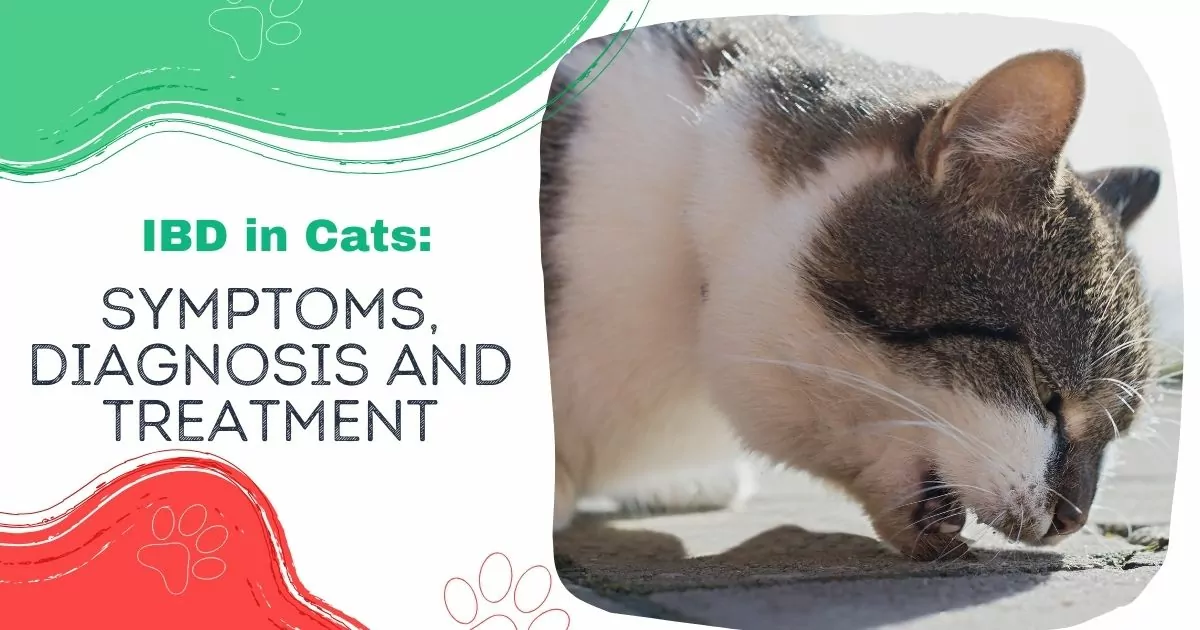Where Paws
Meet Passion
Empowering veterinary professionals & nurturing animal lovers. Explore our blog for veterinary knowledge, connect with our vibrant community, and discover unique gifts!
ILV Blog Categories
About Us
Our mission is to be a catalyst for positive change in the veterinary field. By fostering a sense of camaraderie among veterinary enthusiasts across the globe, we aspire to contribute to the growth and development of veterinary medicine. Through the exchange of insights and experiences, we believe that we can make a meaningful impact on the lives of countless animals and the people who care for them.
8 Years
Together
Building a Community
1000+
Articles
Quality Information
300k+
Followers
Best Audience
15 000+
Customers
Top VET Merch & Gifts
Editor’s Pick
Subscribe to Our Newsletter
Drop your email below to join I Love Veterinary squad and enjoy regular news, updates, exclusive content, new arrivals and more!



















